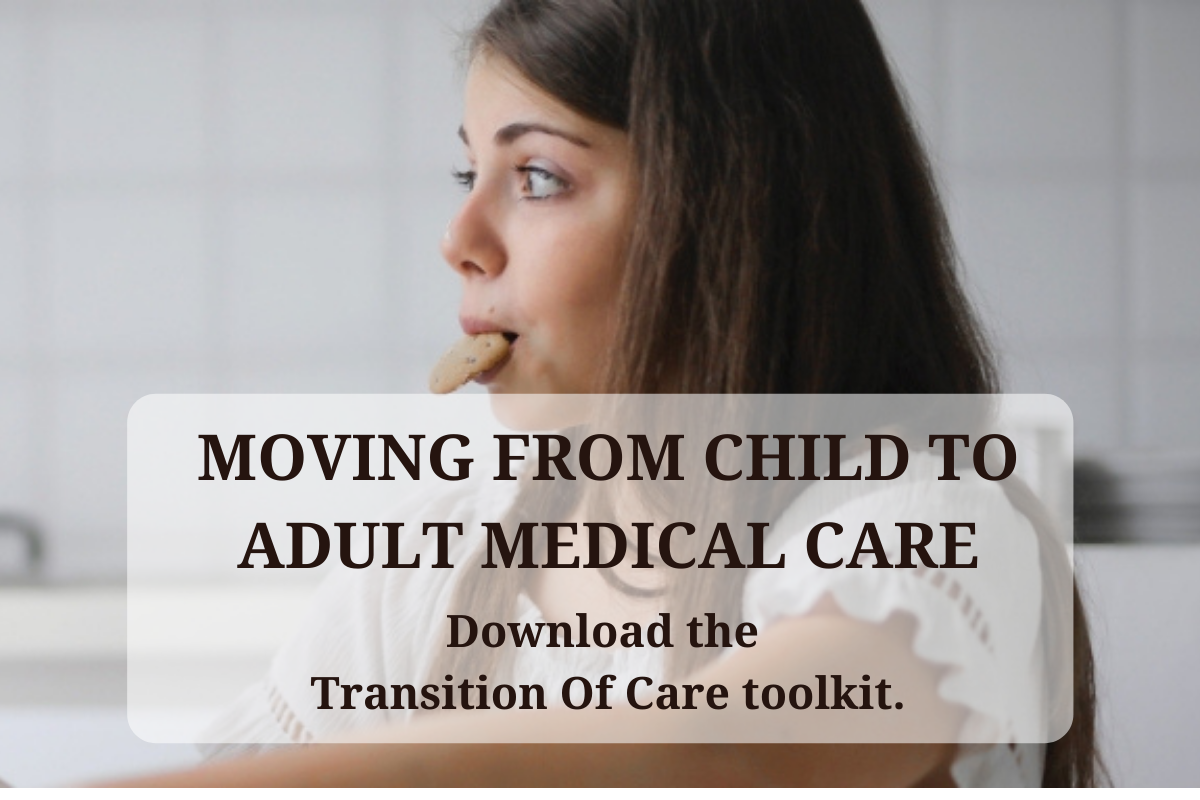
Although epilepsy cannot be cured, many people control seizures with medication, lifestyle changes, devices, and/or surgery.
It is important to control seizures as much as possible to reduce the risk of injury, health complications and, in some cases, sudden unexplained death in epilepsy.
Here at the Epilepsy Education Hub, we look at some of the different things to consider when managing seizures from special diets to rescue medications to advocating for your child. We hear from medical experts and families, and answer questions from the community.
If you are in the earlier stages of navigating an epilepsy diagnosis and looking for information about treatment, prognosis, research and support organizations, head over to the disorder directory.
Healthy Epilepsy Management:
Video Series
Each topic in this multi-part video series about healthy epilepsy management focuses on what we heard from partners and families in our community as a top priority.
Some of the questions posed to our experts come directly from caregivers and parents who were given the chance to submit their questions prior to recording these videos.
Controlling Seizures Through Diet
For some children, special diets are one way to help to control seizures when medications are either not effective or cause serious side effects.
One of the most common diets that doctors may prescribe to manage epilepsy is the “classic” ketogenic diet which is is a special high-fat, low-carbohydrate diet. Another alternative is the modified Atkins diet, which is similar to the ketogenic diet but less restrictive. Special diets to control epilepsy should be prescribed by a doctor and carefully monitored by your child’s healthcare team.
Pediatric epileptologist Dr. Jeffrey Buchhalter has trained at various locations that practice the ketogenic diet and has decades of experience with different diets to address epilepsy. Watch the video to learn about which diets can work for children with epilepsy, when diets should be considered and how to apply special diets for children who are picky eaters.
Responding To Seizures
Seizures can be life-threatening.
A Seizure Action Plan contains tailored guidelines on how to respond during a seizure, based on your child’s medical history, and is important because it can reduce the time to action during a seizure which in turn reduce risks associated with seizures.
The plan should be shared with caregivers, school staff, babysitters, emergency medical personnel and anyone else who frequently interacts with your child.
Seizure rescue medications or treatments are meant to be used in specific situations. If used properly, they may stop seizures quickly and effectively, although they should never take the place of daily seizure medications.
Acting quickly is the key to preventing a seizure emergency. Every child is different though, so make sure to create a seizure action plan with your child’s doctor.
In the video below, we hear from Dr. Buchhalter who has specialized in helping children with difficult to control epilepsy throughout his 35 year career as a pediatric neurologist. He discusses what a seizure plan should include, when and how to administer seizure rescue medication, and what to do afterwards.
Understanding The Risks
Some people with epilepsy are at special risk for abnormally prolonged seizures or sudden unexpected death in epilepsy (SUDEP), which refers to a person with epilepsy who dies unexpectedly and with no clear reason for the death.
It is the leading epilepsy-related cause of death and, every year, 1 in 150 people who have uncontrolled seizures dies from SUDEP.
Scientists and researchers are still learning about its causes. Current research is focused on issues with breathing, heartbeat, and brain function after a seizure.
The best way to prevent SUDEP is to have as few seizures as possible.
Dr. Buchhalter was brought into the SUDEP community a decade ago by a parent who lost her son at age 21. He was involved in starting the first Partners Against Mortality in Epilepsy meetings and is the co-author of the SUDEP Guidelines for the American Academy of Neurology.
In this video, Dr. Buchhalter goes over SUDEP and the risk factors, steps caregivers can take to reduce the risk and answers a question from our community about ensuring a child has independence while the parent has peace of mind.
Getting Extra Support And Help
Palliative care is a system of care that is designed to be an extra layer of support for families of children living with serious, complex medical conditions. It’s an often misunderstood option; it’s not the same as hospice care.
It’s a team-based model in which doctors, nurses, case workers, social workers, therapists, dieticians and many work together to provide support along the journey, no matter what the outcome may be. The team works with the family to address the physical, social and emotional aspects of caring for a child with serious medical issues and improves the well-being of the entire family.
Dr. Sarah Friebert is the Director of Pediatric Palliative Care at Akron Children’s Hospital and she has over 20 years of experience walking alongside families of children with life-threatening, life-limiting and, sometimes, terminal conditions.
In this video, she speaks with Tiffani Goff who is the mother of three daughters and author of the book Loving Tiara. Her middle daughter, Tiara, was born with the rare genetic disease tuberous sclerosis complex. Tiara passed away at the age of 16 in 2015.
Advocating For Alternative Therapies
As the caregiver of a child with epilepsy or other medical issues, there are a lot of different decisions to make about which therapies to pursue and which to leave aside.
In this video, we hear from four parents who share their experiences with traditional therapies, medications, modified diets and surgery. They discuss what therapy discussions each family has made and why, differentiating between side effects from a medication versus underlying symptoms, navigating the medical system and managing family relationships.
The discussion is led by Dr. Orrin Devinsky, the Director of NYU Epilepsy Center, who treats the children of all four families.
More CNF Tools & Resources For Epilepsy
Surgery For Difficult To Treat Epilepsy
Download the step-by-step guide for patients and families (.pdf)
Depression, anxiety and epilepsy surgery
Watch the video
Considering A Seizure Alert Device?
Download handout (.pdf)
Shortening the Diagnostic Odyssey Video Series
Watch the videos
Additional Information:
Seizure Action Plans And Seizure Rescue Medication:
This website provides information to help you better understand epilepsy. Learn more about epilepsy, gain knowledge about epilepsy medications, and feel empowered to manage epilepsy.
What to Expect in the Epilepsy Monitoring Unit
VNS Therapy™ for Drug-Resistant Epilepsy




